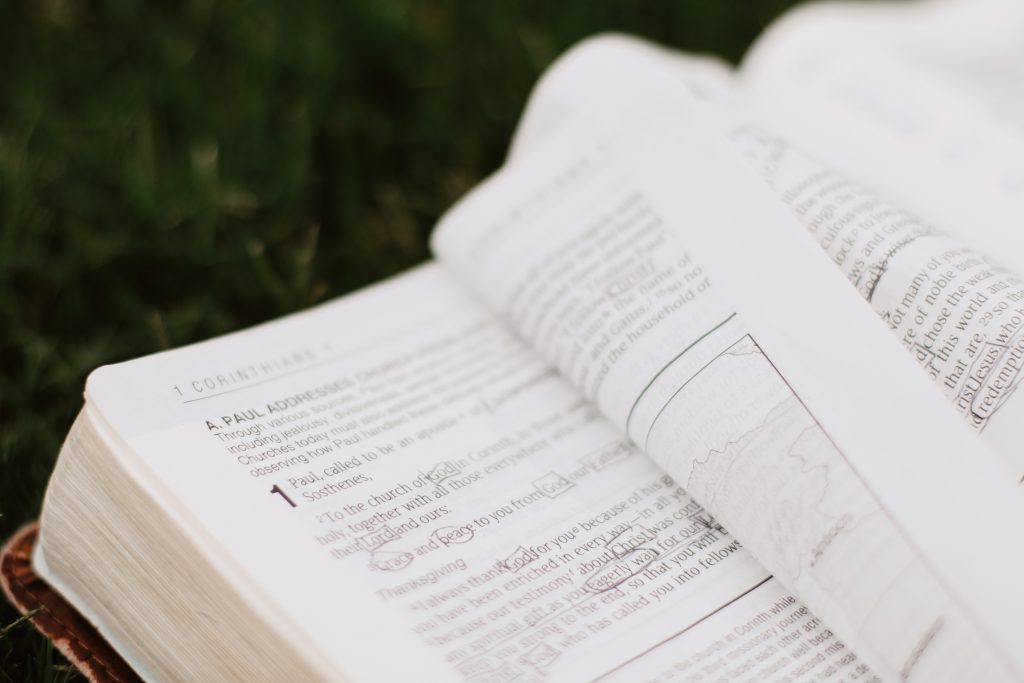
Another, very different perspective:
John Gillespie McGee Jr., a British pilot in WW1, captured this concept more lyrically in his poem High Flight:
Oh! I have slipped the surly bonds of Earth
And danced the skies on laughter-silvered wings;
Sunward I’ve climbed, and joined the tumbling mirth
of sun-split clouds,—and done a hundred things
You have not dreamed of—wheeled and soared and swung
High in the sunlit silence. Hov’ring there,
I’ve chased the shouting wind along, and flung
My eager craft through footless halls of air ….
Up, up the long, delirious, burning blue
I’ve topped the wind-swept heights with easy grace
Where never lark, or even eagle flew—
And, while with silent lifting mind I’ve trod
The high untrespassed sanctity of space,
Put out my hand, and touched the face of God.
A century ago another poet, an American college English teacher named Odell Shepard, in one stanza of a poem he called “Whence Cometh My Help,” wrote of the mountains this way:
All the wisdom, all the beauty I have lived for unaware
Came upon me by the rote of highland rills;
I have seen God walking there
In the solemn soundless air
When the morning wakened wonder in the hills.
The greatness of God is vividly apparent all around us, even to those who deny he exists.
God is indeed great. Insuperably great. Unimaginably great.
Years ago there was a commercial for Sherwin Williams paint. The opening shot was of the space shuttle on the launch pad, with a voiceover counting down: “3 … 2 … 1 … ignition!” And those two solid-rocket boosters kick in, and the screen fills with flame and then white smoke, until all you can see is white. And then, the white subtly changes. A door opens away from you, and you’re looking at a typical American bathroom. The voice says, “We developed the paint for the space shuttle. [Door opens.] Chances are, we can handle your bathroom.”
I say this reverently: Chances are the God who “made the stars also” can handle the challenges of your life.
God Is Good
To his protégé Timothy Paul calls God
the living God, who giveth us richly all things to enjoy (1Ti 6.17b).
Years ago it occurred to me that everything we really need—literally everything—is free. That’s the way God has arranged the universe.
Don’t believe me? Hear me out.
What do you need more than anything else in the world? If you lack it for 30 seconds, it will be literally all you think about until you get some.
Yep, air. Or more specifically, oxygen.
Free.
We’re sitting at the bottom of an ocean of it—an ocean that God has kindly diluted with nitrogen so you won’t burst into flame at the slightest spark. God’s even given you a scoop on the front of your head so you’ll get your share of the stuff. Some of you he gave a larger scoop to, and you have the gall to be upset with him about that. Shame on you.
What’s the second most necessary thing? Water. They say you can last 3 days without it—some maybe as much as 8 to 10 days under certain conditions. But not long.
Most of the globe is covered with it. And that water mass feeds a delivery system that brings it right to your feet, purified, for free. (Unless you live in the Atacama Desert, which hardly anybody does.) And again, many of us complain when it rains. Especially at the beach.
Granted, I pay a water bill, but I’m not really paying for the water; I’m paying for someone to clean it up and bring it to my house. But the water—it’s free.
What’s next? Food. Grows right out of the ground, from plants that are already there. Free. Again, I pay for my food, but only because I don’t feel like growing it myself. So I pay somebody else to grow and harvest and deliver it; and sometimes I go out to a restaurant and pay somebody else to cook it and bring it to my table. But the food? The food’s free.
And then there’s light, and heat, and all the other physical necessities. All free.
God has been remarkably good to us.
We’ll finish this thought—and the rest of the sermon—in the next post.







